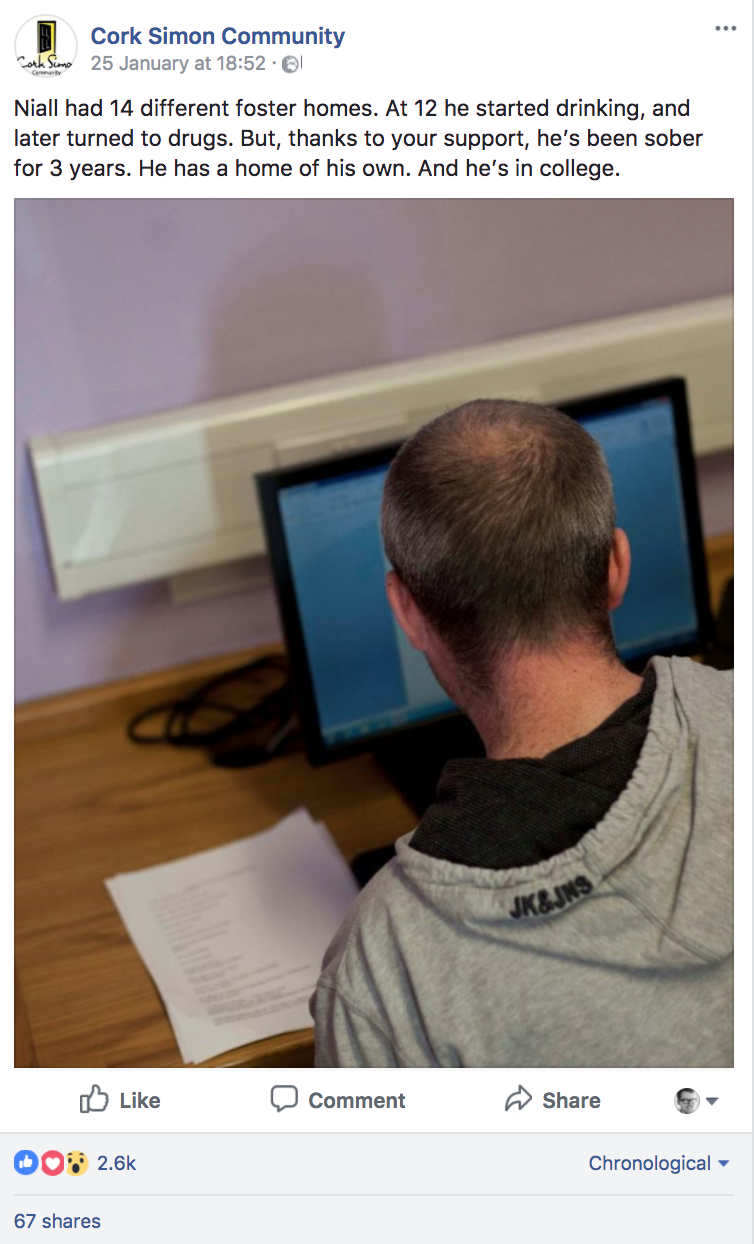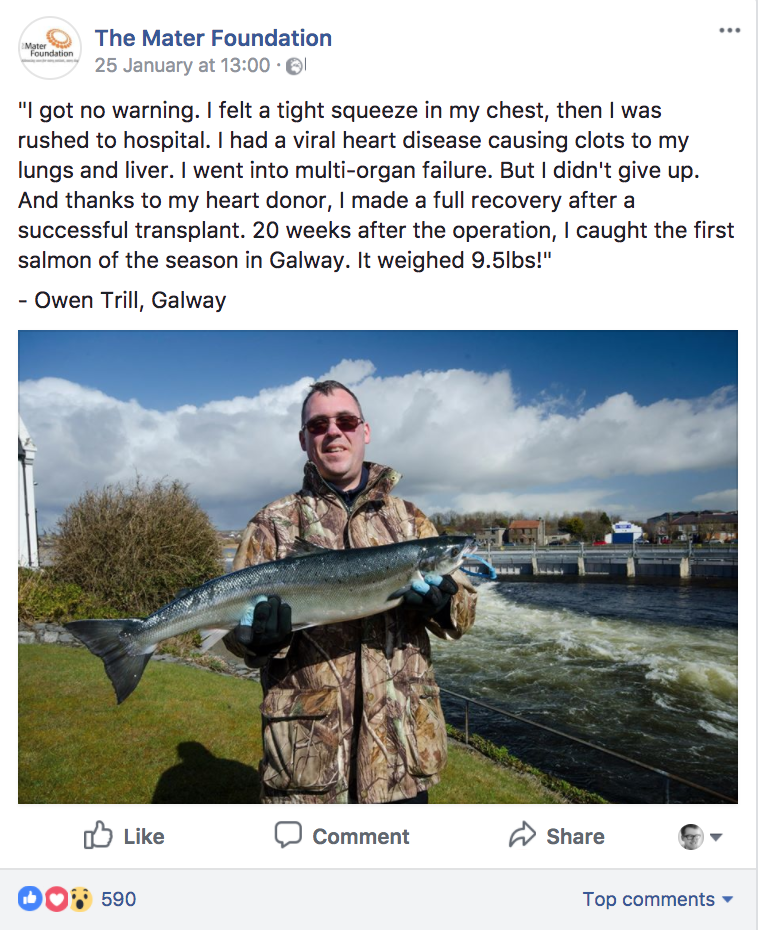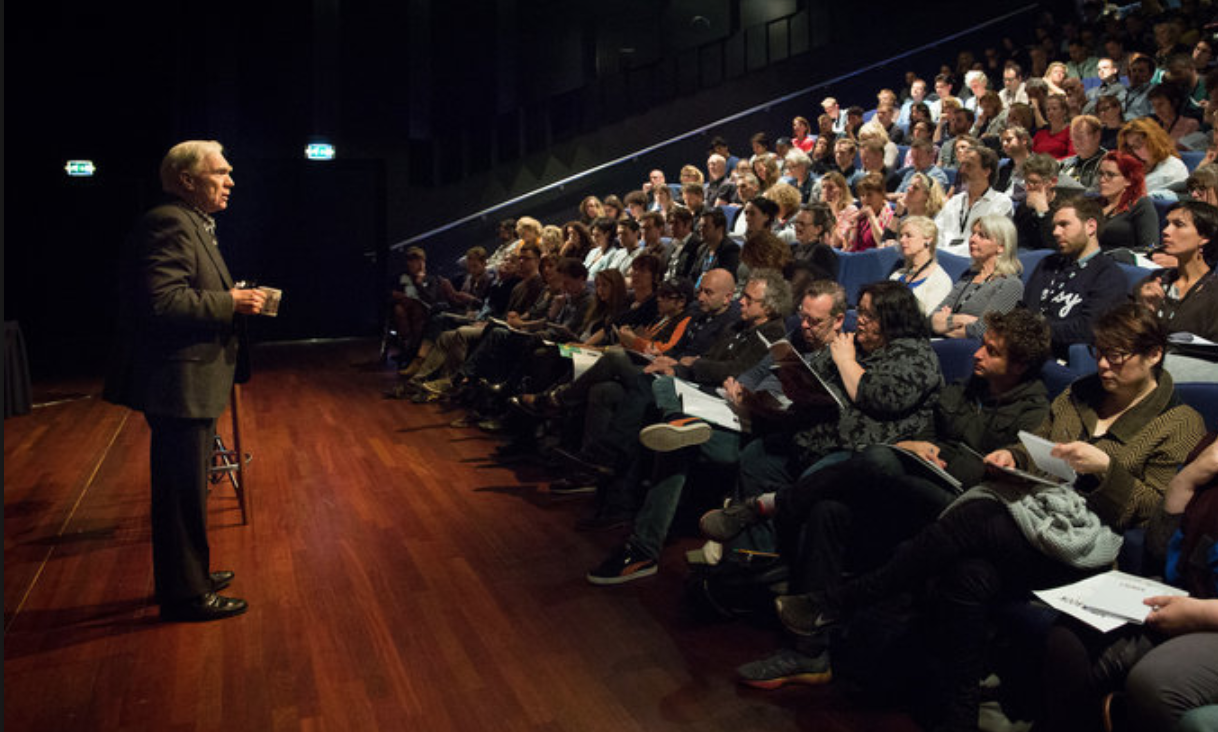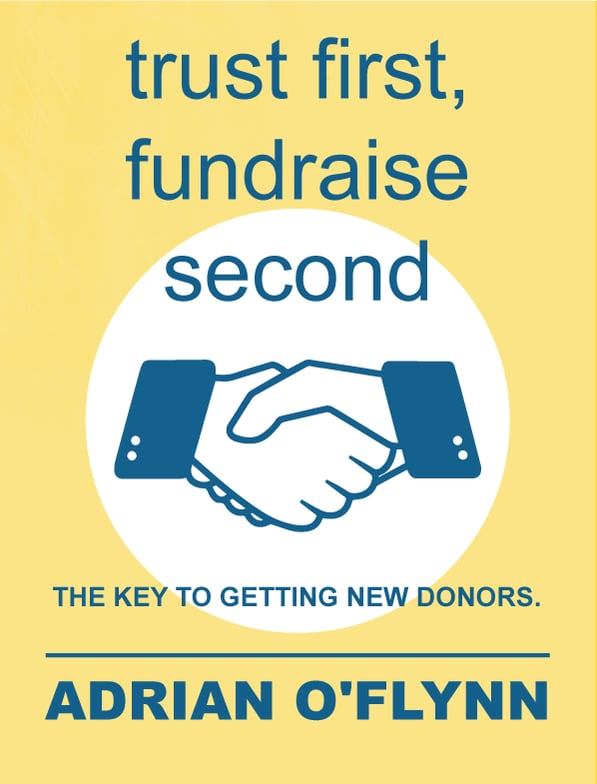I had a digital marketing role for 3 years and never wrote a single line of copy.
I believed copywriting to be this semi-mystical ability that belonged to the chosen few. To me, it was a task for professional writers, because I just wouldn't know where to begin.
I started learning where to begin when I read a funny memoir by Donald Miller called A Million Miles.
Early in the book, he goes to a storytelling seminar by Robert McKee, the preeminent guru of Hollywood. Apparently, over 60 Oscar winners have attended this marathon seminar. I found it strange that screenwriters and novelists paid a lot of money to be lectured by a man in his 70s for three relentless days.
Donald Miller, himself a bestselling author, was blown away by McKee.
But he managed to summarise stories in a single line,
"A character who wants something and has to overcome adversity to get it."
I still remember reading that sentence for the first time. It was so simple, yet encapsulated every movie or book I'd ever enjoyed.
As my digital marketing role was in a charity, I often encountered stories that needed to be shaped and edited for emails and social. But it was only when I had to give feedback on expensive video projects that I really felt out of my depth.
This pressure forced me to investigate Robert McKee and the principles of storytelling more deeply.
I bought his book.
It deserves every one of the 5 star ratings it has on Goodreads.
In my opinion, if you work in a role that involves communicating with the public, the best career move you could make in early 2018 is to click on this link, buy this book... and read the first 216 pages.
The primary thing I took from it (and immediately applied to my role) was the use of positive and negative turns to hold an audiences attention as a story develops.
Next time you're watching a movie that you've seen before, keep an eye on the main character's emotions and how they're impacted by events.
When something good happens, it's likely that there's a negative turn coming up. The rule in Hollywood is that you shouldn't have two positive or two negative turns in a row.
I began seeing this everywhere.
But it really hit home when I re-watched a Charity: Water video that had been revered in our office. It was breathtaking. It gripped us in a way that seemed entirely unattainable.
But two years on... it was just two negative turns and two positive turns:
- The Rwandan genocide happened (Negative turn)
- Then Rwanda began to heal and improve (Positive turn)
- But they still have dirty water. (Negative turn)
- We can raise $1.7 m to help them get clean water. (Positive turn)
The first time I used this approach in a video, it broke all the analytics records on our YouTube channel.
Later that year, I had to speak at a conference about some success we'd had on Facebook. The event had 200 attendees. Having never spoken in front of more than 30 people, I relied heavily on the only way I knew to keep people's attention... I structured the presentation in the format of a movie and hoped for the best.
When I arrived at the event, I found out that I was the 14th of 15 speakers. And if that wasn't bad enough, the 15th speaker was some guy from Facebook... who would undoubtedly undermine and/or contradict my slides.
But I got a much better reaction than I expected. People had questions for me and genuinely wanted to know more.
And the guy from Facebook asked me to speak at two Facebook events, in Dublin and London because "the way I talked about our work on Facbook was really interesting."
Notice that he didn't mention me or the results. It was the narrative structure that stood out.
And when I was lying back in a luxurious hotel room near Westminster Abbey, it was hard not to see the power of storytelling.
So, when Robert McKee came to Killarney in the south-west of Ireland to do a seminar called Storynomics - Storytelling For Business, I didn't think twice about forking out €500 (even though I'd just started freelancing) and driving across the country to hear what he had to say.
I was just as overwhelmed as Donald Miller was.
He is a genius. I took over 3,000 words of notes. But the key storytelling principles were:
- Stories combine the emotional and the rational. "There is emotional communication (focusing on pleasure, guilt or shame) and there is purely rational communication (focusing on facts and figures). Storytelling combines both. It tells a personal story which involves the facts and figures."
- Your hero should be empathetic. "The protagonist in your story must be relatable, an underdog the audience can get behind." (Interestingly for charities, McKee stressed that empathy is not sympathy. It means identifying with a person's struggle, not pitying them.)
- There must be an Inciting Incident. "This is an event, at the start of the story, which throws the heroes everyday life off balance. It's what hooks the audience's interest." This is crucial.
- It has to be clear what the hero wants. No explanation required.
- The more specific the better. "The more specific it is...the more universal it becomes for people. The mind relates specifics up to the universal. They do not take universal statements and relate them down to their own specifics."
- Surprise people. "When the world does not react in the way the hero expected it to, the question the audience asks is why? Then, they rush back through the story, searching for insight."
- Stories are about change. "The heroes life is always different at the end than it was at the beginning. Change is the essence of story. Change creates emotion and makes a story moving."
How much of an impact can these principles have on your career? It's impossible to say.
Is it really worth you're time though, given how busy you are?
Well, I'll put it this way... I've been self-employed for 33 months and I don't think I'd have lasted 9 months, if I hadn't come across that Donald Miller book. I even named my company Get Your Stories Straight.
The storytelling principles make my clients happy.
The storytelling principles pay my rent.
The storytelling principles helped me encapsulate my ideas in a 30-page eBook.
They consistently produce results like this (and this isn't some freak result, I posted it last Thursday).

And on the same day, another client of mine posted this:

The storytelling principles have given me a lens to assess the crazy world of digital through.
And copywriting doesn't seem so mystical anymore...
If you found this blog interesting and want a broader, more comprehensive view of digital fundraising download this eBook - Trust First, Fundraise Second.




